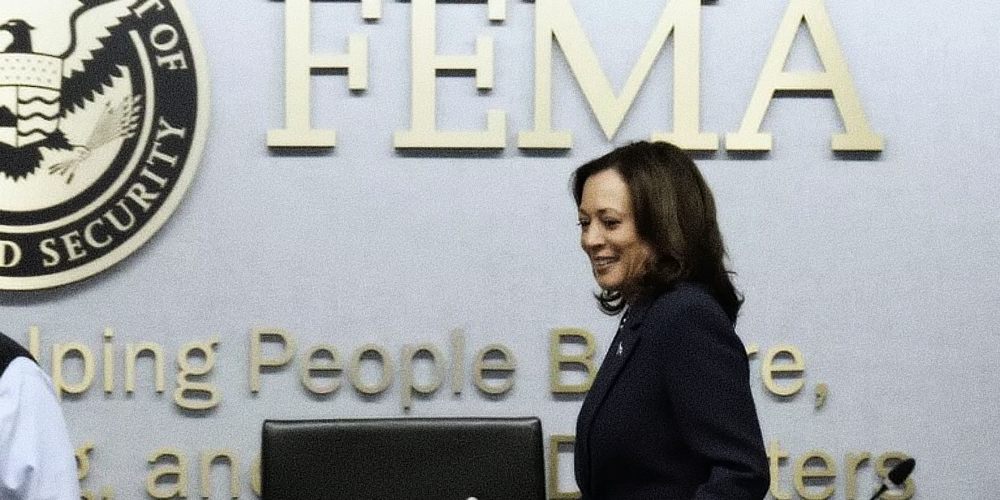It wasn’t as if the Tar Heel state didn’t see Hurricane Helene coming. On Sept. 25, one day before Helene stormed ashore, North Carolina Gov. Roy Cooper declared a state of emergency as the storm’s path showed it churning northward toward Appalachia after making landfall in Florida.
Yet that advance declaration was not followed by any state evacuation orders, and the population largely sheltered in place as Helene hit the steep, wooded hills of western North Carolina, squatting over the area, unleashing more than an inch of water an hour for more than a day. The unprecedented, relentless downpour, falling on ground already saturated by rain the week before, tore old pines and hardwoods out by the roots, creating arboreal torpedoes that rocketed down the steep inclines; water that turned photogenic stony creeks into whitewater torrents, lifting ancient streambed boulders and tossing them like chips on to roads and into homes and buildings. The storm left 230 people dead, nearly half of them in North Carolina, with dozens still missing as of early November.
As residents in Asheville, Chimney Creek, and other smaller communities continue to pick up from the carnage, after-action reports indicate government agencies at the federal and state levels were slow to react. Interviews with several private relief groups that sprang into action after Helene, along with statistics provided by congressional sources, indicate that Cooper’s office and the Biden administration were slow to activate military personnel and assets like helicopters that were critical in the days after the storm. In addition, budgetary moves and internal communications have also drawn questions about how the Federal Emergency Management Agency is spending its money and how it envisioned its purpose in a Biden administration suffused with “diversity, equity and inclusion” mandates.
FEMA is also wrestling with revelations that politics had influenced some of its relief efforts. The agency fired a staffer who told crews to avoid houses in storm-damaged parts of Florida that displayed Donald Trump campaign signs. The dismissed worker said this week her orders were not an isolated incident and that FEMA avoided “politically hostile” zones in the Carolinas, too.
“There seems to have been a priority shift, period,” said Eric Eggers, the vice president of the conservative Government Accountability Institute. “It seems impossible to separate its mission creep and its ideological pursuit of an agenda when its duties are to fix that bridge or clear that road.” […]
— Read More: amgreatness.com
What Would You Do If Pharmacies Couldn’t Provide You With Crucial Medications or Antibiotics?
The medication supply chain from China and India is more fragile than ever since Covid. The US is not equipped to handle our pharmaceutical needs. We’ve already seen shortages with antibiotics and other medications in recent months and pharmaceutical challenges are becoming more frequent today.
Our partners at Jase Medical offer a simple solution for Americans to be prepared in case things go south. Their “Jase Case” gives Americans emergency antibiotics they can store away while their “Jase Daily” offers a wide array of prescription drugs to treat the ailments most common to Americans.
They do this through a process that embraces medical freedom. Their secure online form allows board-certified physicians to prescribe the needed drugs. They are then delivered directly to the customer from their pharmacy network. The physicians are available to answer treatment related questions.


